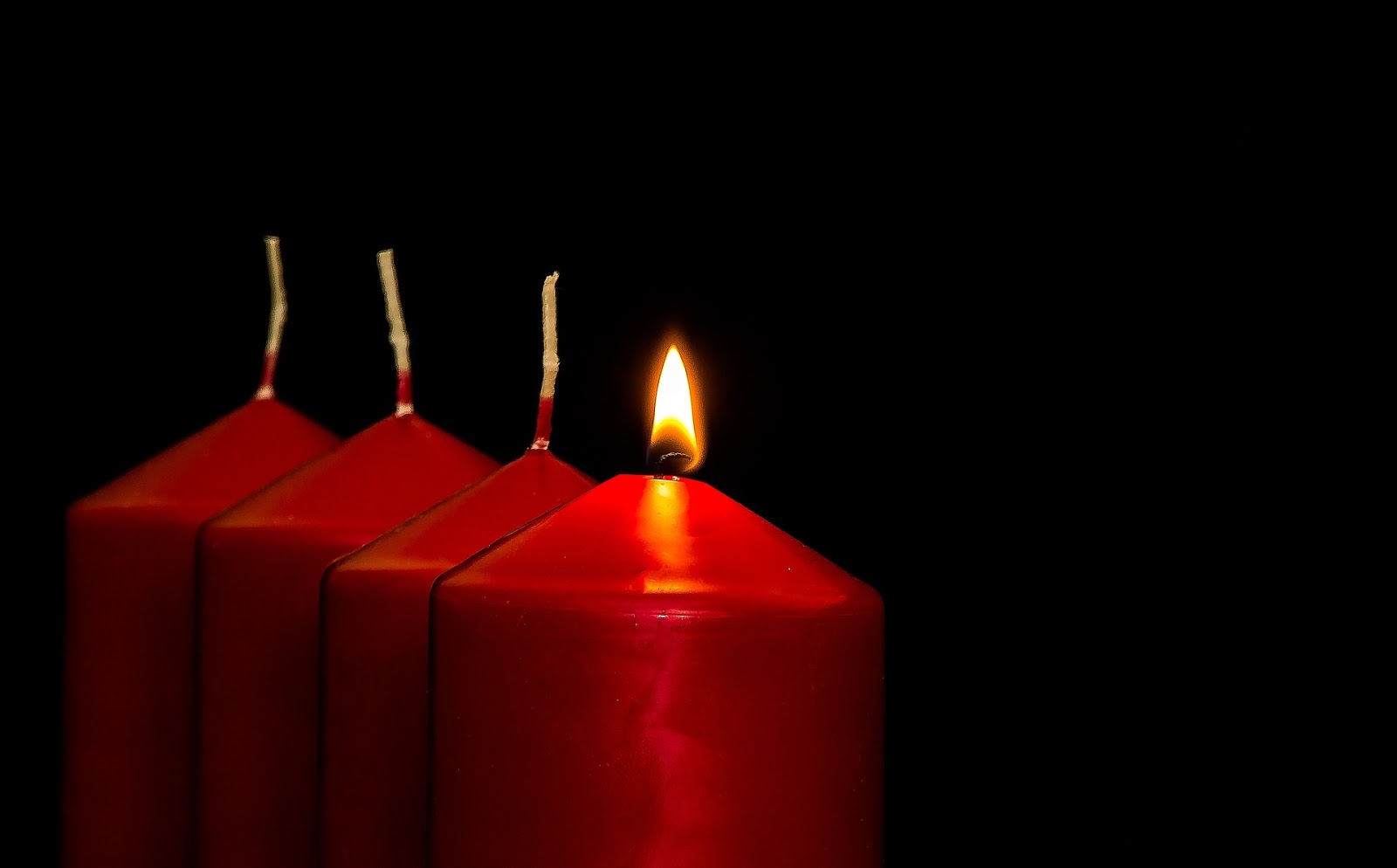I recently had the chance to read Toni Morrison’s The Bluest Eye for my Teach For America credentialing program at Loyola Marymount University. Reading the book in that setting prompted notice of the near absence of school in the novel. In one way this is disappointing, as I’m sure Morrison would powerfully present how her protagonist, a young black girl, experiences school. At the same time, however, I wonder if this absence helps an educator remember what is often very hard for educators to remember: school is not a very powerful force in the lives of many students. School for many is a span of time they must endure, but it does little to animate their emotions and thoughts.
Login to read more
Sign in or create a free account to access Subscriber-only content.
Topics:
